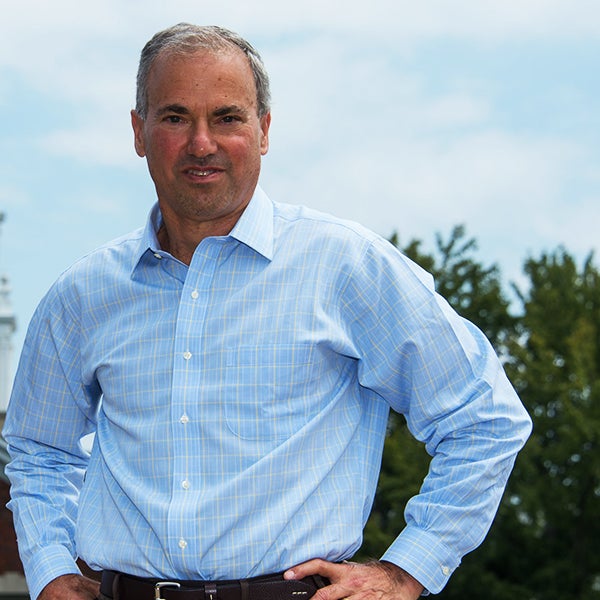Pressure to Endorse Use of Unproven Drugs for COVID-19 Threatens Public Confidence
Posted in News Release | Tagged chloroquine, clinical trials, COVID-19, experimental treatments, hydroxychloroquine
Media Contact
Karen Teber
km463@georgetown.edu
WASHINGTON (April 16, 2020) — The widespread use of experimental treatments for COVID-19, including the antimalarial drugs chloroquine and hydroxychloroquine, represents “ill-advised and uncontrolled human experimentation with unproven treatments,” say two former FDA chief scientists. Furthermore, political pressure or advocacy for specific experimental treatments, such as that surrounding the issuance of an Emergency Use Authorization (EUA) for chloroquine and hydroxychloroquine by FDA, threaten scientific integrity and public confidence.
In their JAMA Viewpoint published today, Georgetown University Medical Center’s Jesse L. Goodman, MD, MPH, and Luciana Borio, MD, acknowledge the urgency for new treatments and vaccines for COVID-19, but say the FDA’s EUA for chloroquine and hydroxychloroquine was based on unusually “scant and conflicting supporting evidence” and should trigger serious concerns. They note that “not only are there potential negative consequences from uncontrolled use of these drugs based on currently unconvincing data” but that “the integrity of governmental decision-making is increasingly coming under pressure, risking harm to both patients and to the public confidence needed to respond effectively to this pandemic.”
The two recall the widespread pressure for uncontrolled use of experimental therapies, including the antibody cocktail ZMapp, during the 2014 Ebola outbreak. By the time that drug was studied in a controlled clinical trial, the epidemic was waning and the trial terminated without a clear conclusion. “It took 4 years and another outbreak to learn that any potential benefit afforded by [ZMapp] was less than that of 2 similar treatments,” they write. As a result, they note, there is now broad consensus that the fastest way to assess whether experimental treatments work, even in a pandemic, is through controlled studies.
Goodman and Borio also write that there are other FDA mechanisms to make experimental drugs available outside of clinical trials, but that the granting of an EUA is an exceptional measure and a de facto government endorsement of a likely favorable benefit/risk ratio for a therapy. As such, issuance of an EUA is often erroneously interpreted by the public as an FDA “approval,” as has already been the case for the antimalarial drugs and COVID-19.
Goodman and Borio recommend three actions to preserve scientific integrity and public confidence.
“First, the regulatory and research communities owe it to patients, families and clinicians to quickly learn what treatments are effective,” they write.
Randomized clinical trials are the fastest way to learn what works and to get safe and effective treatments to patients. Trials are already underway to evaluate a number of investigational drugs, including hydroxychloroquine. Enrollment is proceeding rapidly, and as Goodman and Borio explain, “The more effective a drug, the sooner the results will become apparent.”
“Second, it is important to optimize proven treatments that already exist, including supportive critical care,” they write, adding that emerging knowledge about and studies of critical care of COVID-19 patients can help medical professionals improve outcomes and reduce mortality.
“Third, and most important,” Goodman and Borio write, “it is critical to protect the integrity of, and resulting public trust in, the scientific and regulatory agencies and their advice and decisions. That trust will be needed once vaccines against COVID-19 become available and in future public health emergencies.”
Goodman is professor of medicine and infectious diseases at Georgetown University and was previously the U.S. FDA’s chief scientist. Borio is vice president of In-Q-Tel and was previously director for medical and biodefense preparedness policy at the U.S. National Security Council and, before that, acting chief scientist at FDA.
Goodman and Borio report having no personal financial interests related to their commentary. Complete disclosures can be found on the JAMA website.


